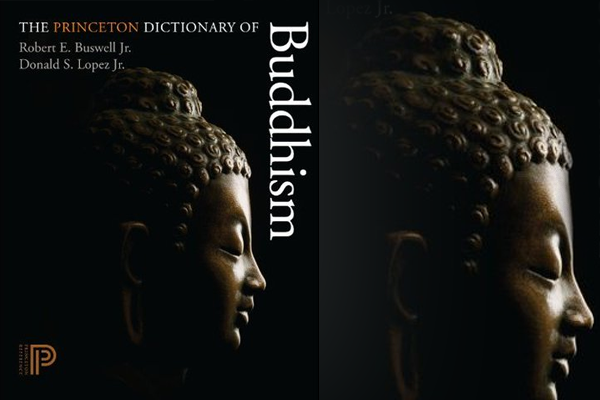
‘The Princeton Dictionary of Buddhism’ Wins the 2015 Dartmouth Medal
- By Alison Lesley --
- 16 Feb 2015 --

The Princeton Dictionary of Buddhism has carted away the 2015 edition of the prestigious Dartmouth Medal for being the most outstanding reference work.
The one-of-a-kind 1.2 million words long Princeton Dictionary of Buddhism, which features 5,000 entries and references 14 languages in total, could not go unnoticed by the expert librarians of the Reference and User Services Association (RUSA), a division of ALA that gives out a yearly award to authors of reference works that are of “outstanding quality and significance.”
The work, which is the output of a decade-long effort by Robert E. Buswell and Donald S. Lopez Jr, is said to be the most comprehensive and authoritative dictionary of Buddhism ever produced in English.
Hailed as “a true meisterwerk — scholarly yet accessible, exhaustive, yet usable,” by the ALA committee, one of the panelists said “If you can apply the word ‘elegant’ to a reference work, this would be the book.”
According to a Lion’s Roar review, the dictionary “provides more comprehensive coverage of the vast range of Buddhist ideas, figures, things, and places than any previous dictionary, targeting the six major canonical languages—Sanskrit, Pali, Tibetan, Chinese, Japanese, and Korean—while also featuring terms and proper names in vernacular Burmese, Lao, Mongolian, Sinhalese, Thai, and Vietnamese.”
The reference book which offers both a concise definition and a short essay on each term’s meaning and context, is authored by Buswell and Lopez with the aim and hope that it will challenge certain Western misconceptions about Buddhism.
The Dartmouth Medal was established way back in 1974. The coveted award honors the creation of a reference source of outstanding quality and significance. The award is given to the best new reference source published in 2014.
For more information on the Dartmouth Medal, and a list on all past winners of the prestigious award, click here.



















